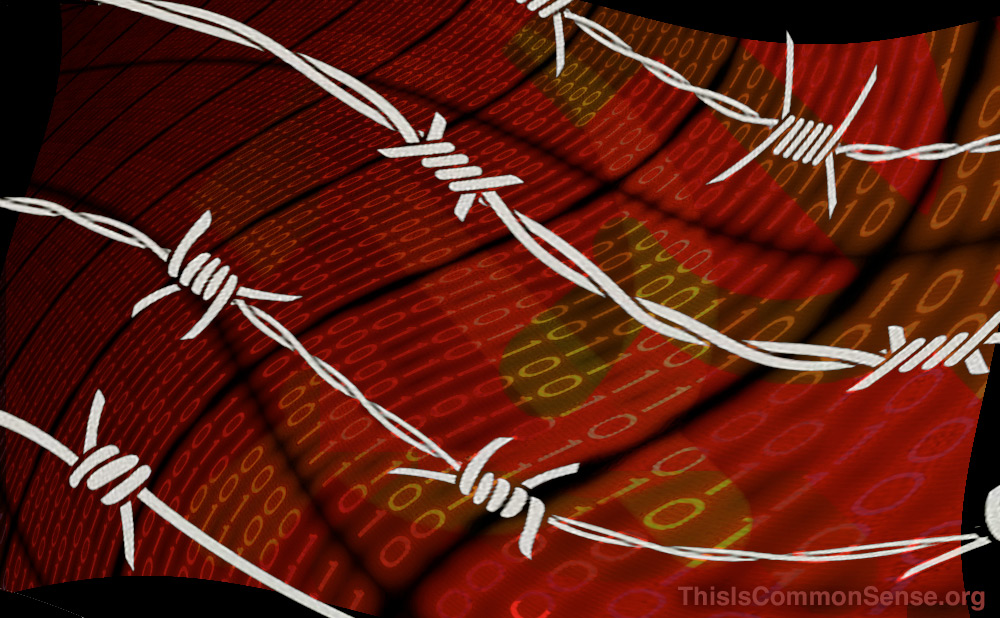The safety and efficacy of the coronavirus vaccines has been disputed from the beginning.
What this usually means is that those of a skeptical mind challenge the confidence of the pro-vax mantra — “safe and effective” ad nauseam — and, when they find stats that run counter to this official position, they publicize those stats. Then, major media outfits make a few carping criticisms of the new studies and quickly proceed to assuredly re-state as fact the original and now more-dubious propaganda.
Meanwhile, social media censors dissidents. And when more studies come out casting grave doubt on either the safety or the efficacy of the new drugs, those receive little public attention.
How Alex Berenson was treated is a good example of the methods of the orthodoxy. Take Wikipedia’s judgment: “During the coronavirus pandemic, Berenson appeared frequently in American right-wing media, spreading false claims about COVID-19 and its vaccines,” the article confidently runs. “He spent much of the pandemic arguing that its seriousness was overblown; once COVID-19 vaccines were rolled out, he made false claims about the safety and effectiveness of vaccines.”
False claims! In olden times — why, it seems like just a few years ago — a major news and history resource would not baldly call some contentious matter “false” or “true.” It would state the claims and then let the counter-claims carry their own weight.
In the case of “the safety and effectiveness of the vaccines,” though, it has become clear: their efficacy wanes, diminishing quicker with each dose, leaving the unvaccinated with proportionally fewer infection and spreading events than the “boosted.”
And as excess deaths and inexplicable demises increase around the world we are “not allowed” to state this in many public forums.
No way to run a health crisis.
This is Common Sense. I’m Paul Jacob.
Illustration created with DALL‑E
—
See all recent commentary
(simplified and organized)





